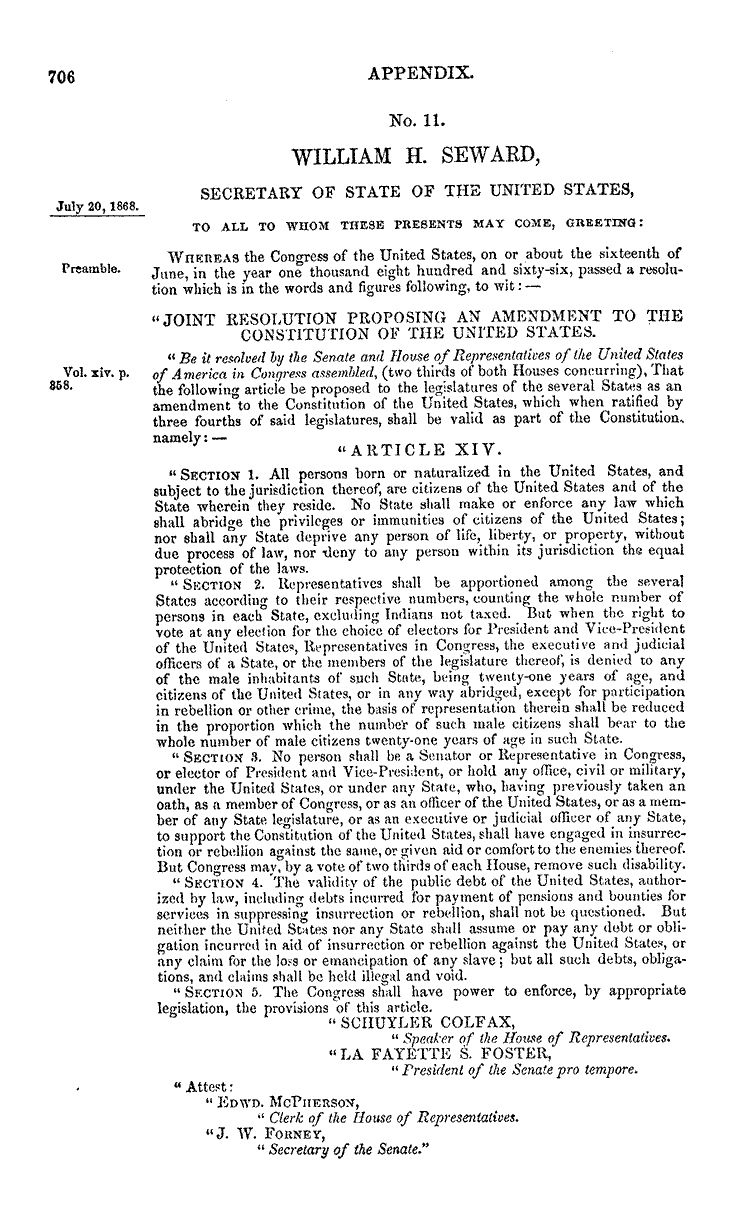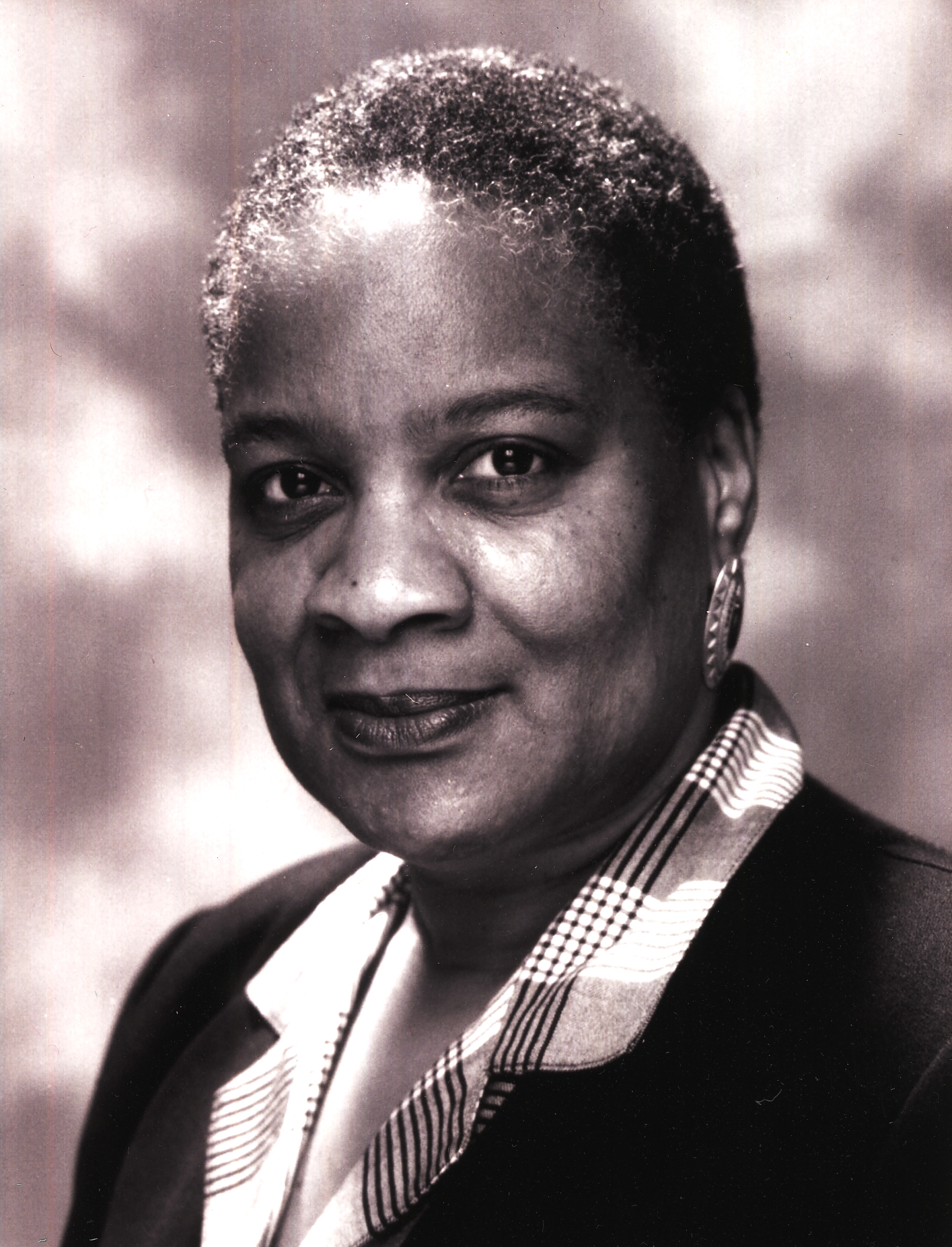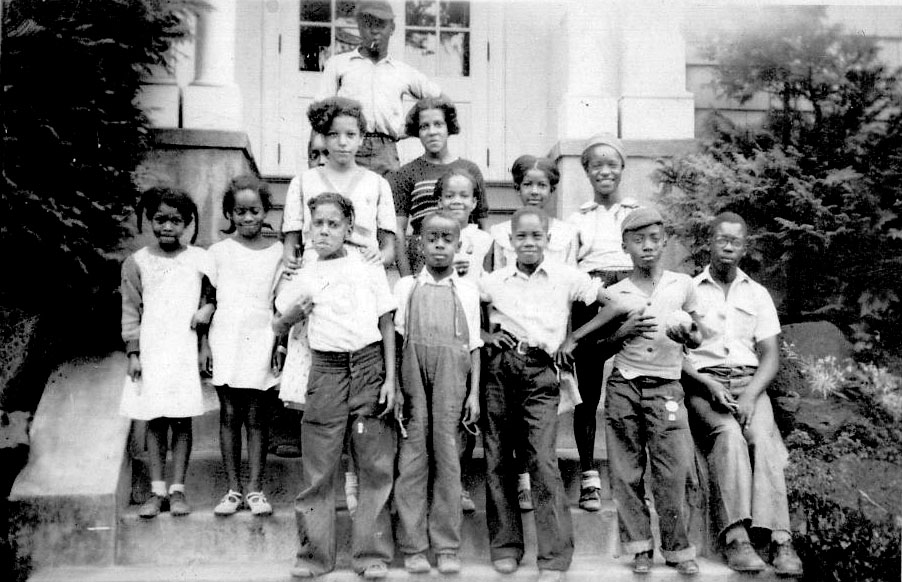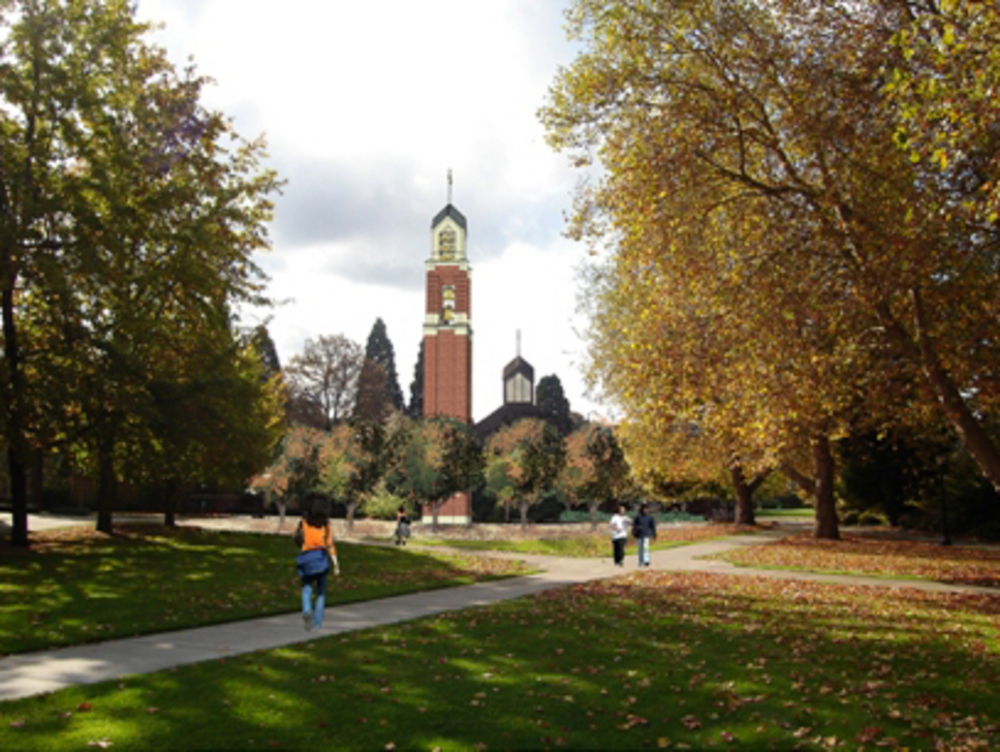Bill McCoy took his seat in the Oregon House of Representatives in 1972 as the first African American elected to the Oregon legislature. In 1974, after serving one term, he was appointed to fill a vacancy in the Oregon Senate, a seat he held until his death in 1996. His tenure in the Oregon statehouse lasted twenty-four years, making him the longest-serving senator at the time. He was chair of the Human Resources Committee (later renamed the Health and Welfare Committee) and the Human Resources and Aging Committee and for many years was a member of the Joint Committee on Ways and Means. McCoy was an advocate for maintaining and improving funding for education and social service programs. A Democrat, he served north and northeast Portland.
William Lipscomb McCoy was born in Indianola, Mississippi, on June 11, 1921, and spent much of his childhood in St. Louis, Missouri. At age eighteen, he decided he wanted to live in the West, and he left home to work in Denver and then Utah for the Union Pacific Railroad as a member of the dining-car crew. From 1942 to 1946, he served in the U.S. Navy in the Pacific. During his naval service, he later told the Oregonian, “seven or eight of us agreed that when we got out, we would do everything in our power to promote understanding among people.”
McCoy arrived in Portland in 1946 and enrolled at the University of Portland. He graduated in 1950 with a degree in business administration and worked in the import-export business, as a counselor for the Multnomah County Juvenile Court, as a caseworker for the state welfare agency, and as a program director for Providence Child Center. He was also a volunteer at the Portland YMCA, where he met Gladys Sims; they married in 1951 and raised seven children. The couple shared a passion for politics—she would be elected to the Portland School Board and the Multnomah County Board of Commissioners—and they were active in the Catholic Church, including attending and leading conferences on social justice issues and fair housing. McCoy ran twice for Portland City Council, in 1964 and 1968, and lost.
One of his first actions after taking his seat in the Oregon House in 1972 was to right a historical wrong. In 1868, the U.S. Congress adopted the Fourteenth Amendment to the U.S. Constitution, which includes a section known as the Due Process Clause, to protect the rights of recently freed slaves. The same year, the Oregon legislature rescinded the state’s 1866 ratification of the amendment. Most Oregonians, the Oregonian reported over a hundred years later, “were unaware that the amendment had been de-ratified,” but “members of the black community were aware, and reversing the historical embarrassment was a top priority” for McCoy. He co-sponsored House Joint Resolution 13 to re-ratify the Fourteenth Amendment, and the legislature overwhelmingly, but quietly, approved the resolution on May 21, 1973. One co-sponsor indicated that legislators wanted to act quickly, before too many people found out.
McCoy described himself “as a team player among the legislative Democrats,” the April 20, 1996, Oregonian reported, but in many ways his policies were ahead of his time. In 1977, for example, he proposed a plan to boost state funding for education. In Senate Bill 48 that year, McCoy proposed a constitutional amendment to create a two percent land tax to provide 100 percent of the funding for public education through eighth grade. At the time, schools were funded by local property taxes, which were accelerating and often unstable. McCoy’s bill did not pass, but the conversation—how to adequately and equitably fund public schools—continued. The passage of Measure 5 in 1990 and Measure 50 in 1996 ultimately required the state to increase its funding for education. McCoy was also an early supporter of LGBTQ rights, and he sponsored a bill in 1979 to prohibit discrimination in state employment because of gender or sexual orientation (SB 599).
When McCoy died on April 19, 1996, the Oregonian described his “quiet dignity and deep concern for the less fortunate members of the community….However contentious the issue of the moment, he faced it with civility.” State Representative Margaret Carter remembered his advocacy ''for the rights of people, especially in the human-rights area and especially for the mentally ill and poor people,'' and State Representative Avel Gordly described him as “a mentor to her and other young black politicians.”
McCoy’s concern for poor people wasn’t just his legislative agenda, it was his life’s work. At his memorial service, a woman brought a blanket that the McCoys had given her family when, during her childhood, they had been homeless. She wanted to say “thanks to Bill McCoy for making a difference in her life.'' The Oregon legislature named Bill and Gladys McCoy the “first African American political family of Oregon,” and McCoy Park in Portland is named for them.
Before he died, McCoy had begun the effort to erect a bronze statue of Martin Luther King, Jr., on the Portland boulevard named for him. Located outside the Oregon Convention Center, The Dream—an eight-foot tall statue by Michael Florine Dente—was dedicated on August 28, 1998, the thirty-fifth anniversary of King’s “I Have a Dream” speech. A plaque at the base reads “In loving memory of Bill and Gladys McCoy."
-
![]()
William McCoy.
Courtesy GLAPN -
![]()
MLK, Jr., memorial statue, Convention Center, Portland.
Courtesy Oregon Convention Center -
![]()
William McCoy.
Courtesy Portland Parks and Recreation -
![]()
Gladys McCoy.
Courtesy Multnomah County
Related Entries
-
![14th Amendment]()
14th Amendment
The Fourteenth Amendment to the U.S. Constitution declared that the fed…
-
![Avel Gordly (1947-)]()
Avel Gordly (1947-)
In 1996, Avel Louise Gordly became the first African American woman to …
-
![Black People in Oregon]()
Black People in Oregon
Periodically, newspaper or magazine articles appear proclaiming amazeme…
-
![Gladys McCoy (1928–1993)]()
Gladys McCoy (1928–1993)
Gladys Sims McCoy was one of the first person of color elected to publi…
-
![Margaret Louise Carter (1935–)]()
Margaret Louise Carter (1935–)
Margaret Carter was the first Black woman to be elected to the Oregon S…
-
![University of Portland]()
University of Portland
"Founded on a bluff and run on that principle," as historian Jim Covert…
Related Historical Records
Map This on the Oregon History WayFinder
The Oregon History Wayfinder is an interactive map that identifies significant places, people, and events in Oregon history.









